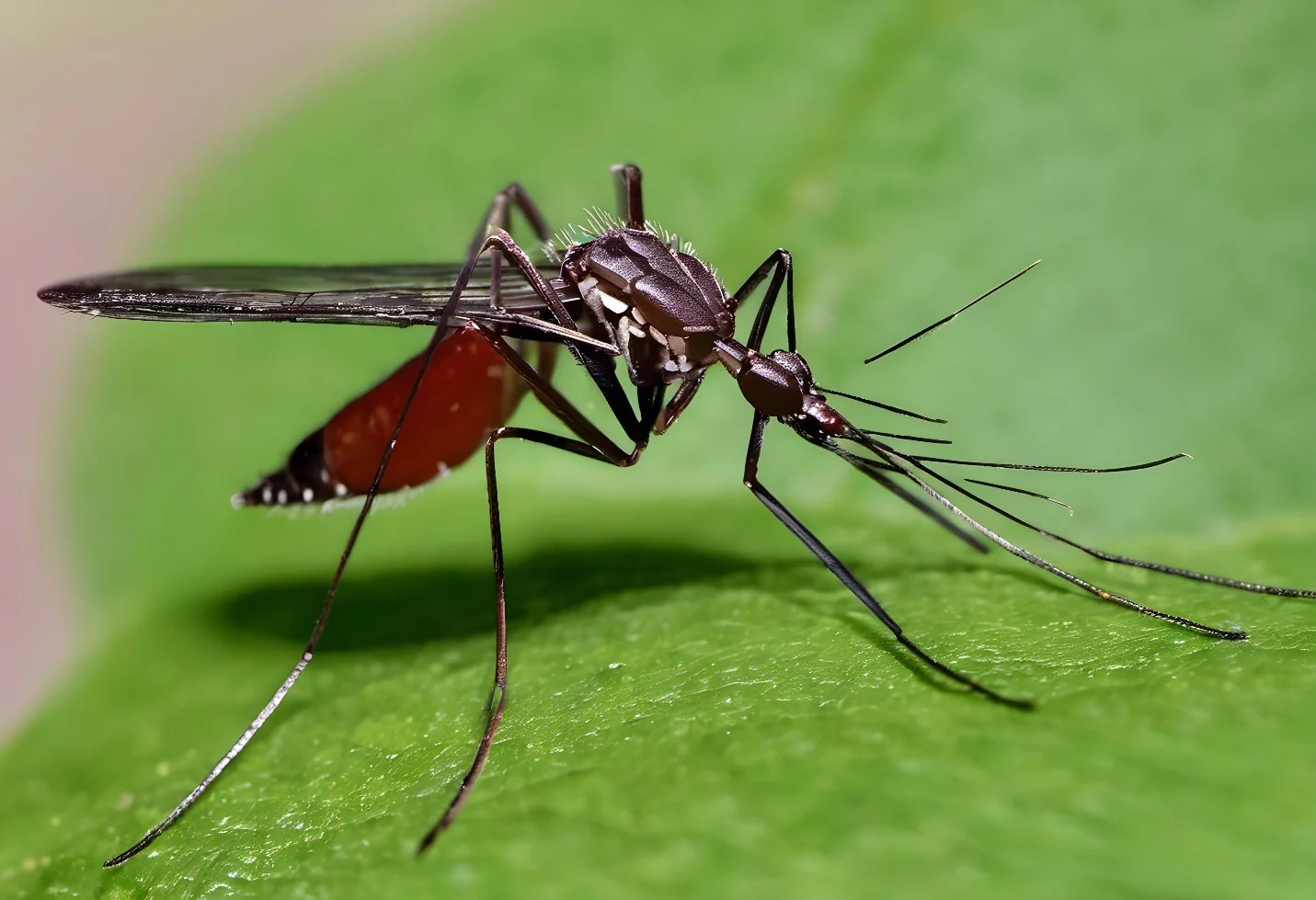Could Rancid Animal Fats Be the Future of Mosquito Repellents?

Researchers from Rice University and New Mexico State University (NMSU) are revisiting a historical method of mosquito control. Inspired by 18th- and 19th-century accounts of Native Americans using animal fats as mosquito repellents, they tested whether rancid oils from animals like bears, sharks, and alligators could repel mosquitoes effectively.
Mosquitoes are drawn to humans partly by smell. Fresh fats are nearly odorless, but rancid fats release volatile compounds as they degrade, creating strong odors. Researchers hypothesized these scents might deter mosquitoes. Testing both fresh and rancid fats, they found that rancid alligator and cod oils provided over an hour of mosquito repellency, offering both spatial and contact protection. However, fresh fats showed minimal effects, and none of the samples effectively repelled ticks.
Using gas chromatography/mass spectrometry, the team discovered no single compound responsible for repellency, suggesting that multiple ingredients may work together. This opens the possibility of identifying active compounds to develop modern, plant-based, or synthetic repellents that mimic these effects.
While few would consider applying rancid fats today, this research highlights how historical practices can inspire modern innovation. Effective, eco-friendly mosquito repellents are urgently needed as mosquito-borne diseases like dengue and malaria continue to threaten millions. By blending ancient knowledge with science, researchers hope to find sustainable solutions for global mosquito control.
